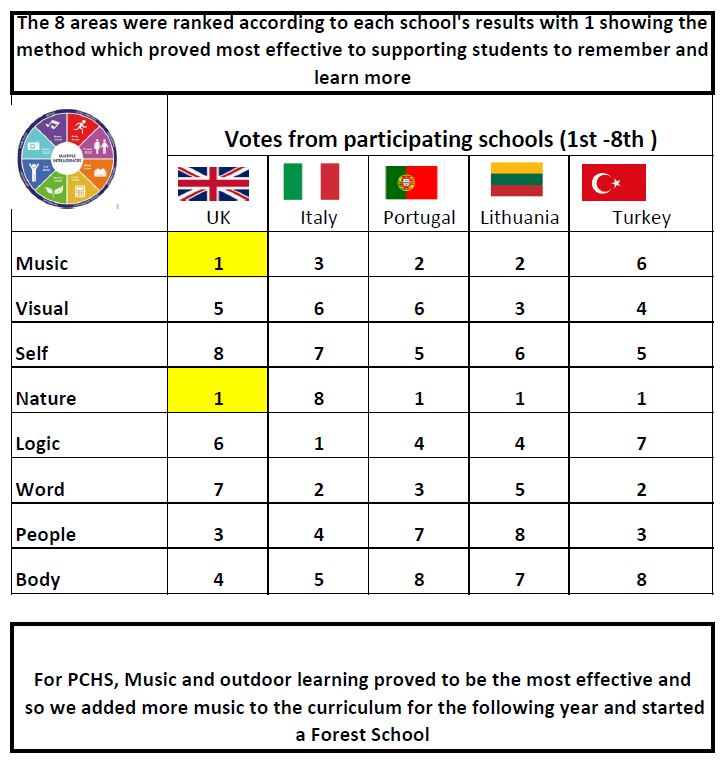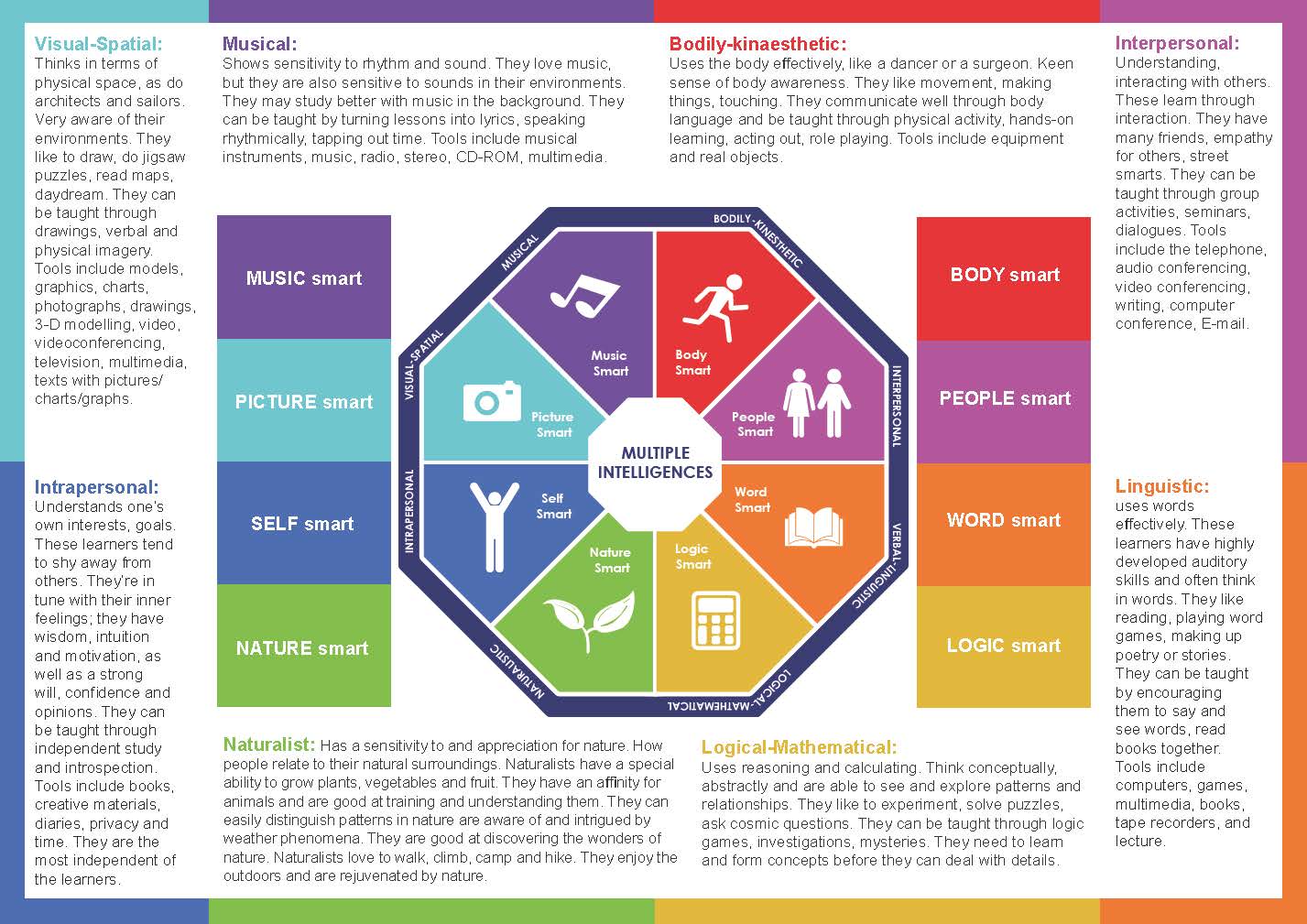Latest News:
8 Strings
To our bowsMany of the five partner school’s students are from poor socio-economic backgrounds or have other disadvantages through learning and physical difficulties. Early school dropout is common among the mainstream partners and students leave without adequate problem-solving skills. The academic success of most of our students is comparatively low to national standards and they struggle coping in general. This project stemmed from the need to engage students and find an approach that included all types of learners and the multiple intelligence theories supports us in achieving this. When Howard Gardner proposed the Theory of Multiple Intelligence he said that “the extent to which students possess different kinds of minds and therefore learn, remember, perform, and understand in different ways,” and this “challenges an educational system that assumes everyone can learn the same materials in the same way”.
Students would do better if subjects could be approached in a variety of ways and learning assessed through a variety of means which are equally valuable to traditional subjects such as mathematics and language. This project aimed to discover a student’s innate abilities and help them to use this strength in other areas of the curriculum. During the development of our project, all schools encouraged everyone to realise the importance of using their inherent strengths to approach different topics and reflect on their favoured style of learning. Through different activities, interactions and exchanges we motivated our students to understand how their new skills can be used in everyday life and make less preferred subjects more accessible. Through overseas exchanges ,they learned to accept customs, culture, and heritage to see that we are the same even in our differences.

Students joined the activities within their school subjects during regular classes and also in some extra-curricular activities. Teachers from different subjects and students from different classes were involved to allow the integration of MI into curriculum areas via a wide representation of activities. The results have developed the schools’ curricula beyond the two years of the project and MI practices have been sustained into future timetables including the UK setting up a Forest School. Articles concerning the partnership were published in local/regional newspapers and on local/regional websites. A project website/blog was created to put the news, results and project progress information on the Internet. Project results and activities were made available to parents during parents’ meetings at schools. Results were and will continue to be disseminated as widely as possible. The partner schools worked together on the eTwinning platform Twinspace to develop the activities and create new tasks even after the end of the EU funding. Finally, the staff compared their students’ attitudes to lessons and education in general from before and after questionnaires.
The experiences and success stories of participants have been shared with other teachers, students, and parents and disseminated through seminars and informative meetings. Data analysis was conducted where there was concrete data to measure but also soft data was gathered about attitudes and engagement in school. All schools created leaflets and brochures to help explain our aims and objectives to all stakeholders along with internal displays and information on the school website. Where possible communication with the Directorate and non-governmental organisations were used to support dissemination activities.
Over 300 students participated regularly but if you include staff, families, community etc, this number extended well beyond 1400 participants across the five organisations. The project was implemented slightly differently in each school but all schools report a measured increase in personal and intrapersonal skills, an appreciation of other cultures including languages, parents became involved in students’ learning, an increased awareness that everyone learns differently, increased ICT skills, creativity, and enthusiasm for topics.
All involved improved and developed tolerance, coexistence, solidarity and acknowledged their role as global citizens with shared interests. There were no reports of early school dropout and high-quality CPD was afforded to all adults involved.
Through this project there was stronger engagement and cooperation between teachers, students ,and parents who became confident in using or trying new methods and techniques including virtual meetings! The questionnaires & surveys used at the end of each activity helped individual schools to determine the effects of teaching in the various MI strands and determine future curricula and other recommendations for the timetables and options studied. Ultimately students and teachers have an increased awareness of preferred and different learning pathways and strategies to support all students to achieve their potential.

CONTACT US
Pendle Community High School & College
Pendle Vale Campus, Oxford Road, Nelson, Lancashire, BB9 8LF
Tel: 01282 682260
Headteacher: Debra Grogan
Chair of Governors: Trevor Ashton (Address c/o above)
Receptionist: Sophie McCamon
E-mail: smccamon@pchs.lancs.sch.uk
SENDCO: Stephanie Curtis
Email: scurtis@pchs.lancs.sch.uk
CONNECT WITH US
Paper copies of the information on our website can be requested via email.

